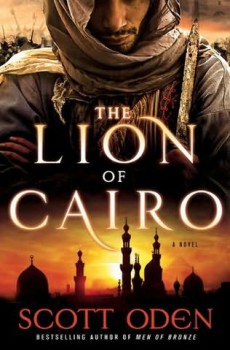It’s Christmas morning. A mantle of crisp white snow blankets hill and dale. You rise from your bed and patter down the stairs to find . . . what? What is your fondest Christmas morning memory?
Mine goes back to when I was fourteen years old. That summer, I’d boldly announced to my parents that I wanted to be a writer. This pronouncement was met with stony silence. “But Scott,” my mother said at length, “how will you be able to live on what writers make? You need a trade to fall back on.” My dad never said a word. A member of the Greatest Generation, a veteran of WWII, he simply shook his head and went on about his business. My oldest brother, a newspaperman, had taken a year off to write the Great American Novel; I heard my father tell one of his brothers that the only thing that boy of his sold that year was a washer and dryer, and that to get money for his rent. I was adamant about it, though.
I wrote a few horrible stories that fall, typing each one out on an old Smith-Corona, making copies, and sending them out to Weird Tales (George Scithers was at the helm). I got the stories back, of course, and though I was discouraged I never gave in. I also never sold a story. But, my folks must have seen something they approved of in the way I kept at it. That Christmas, instead of toys or clothes, they gave me a better typewriter and a large box of supplies: paper, ribbons, pens, notebooks, envelopes, notecards . . . everything I would need to keep submitting stories. I was shocked, frankly. Though they never spoke a word of encouragement, their actions let me know they were rooting for me. Even now, with three books under my belt, my mom will still occasionally scold me for not having a trade to fall back on even as she tries to sneak money for postage into my pocket . . .
So, that’s my fondest Christmas morning memory. What’s yours?
 During the course of the past few days I’ve had the pleasure of chatting with a goodly number of writers. It’s been good for my soul to talk shop with knowledgeable peers. But one question that invariably cropped up concerned my method of writing. How did I prepare my drafts? And as I explained it, curious looks would blossom over the visages of my brother-and-sister scribes.
During the course of the past few days I’ve had the pleasure of chatting with a goodly number of writers. It’s been good for my soul to talk shop with knowledgeable peers. But one question that invariably cropped up concerned my method of writing. How did I prepare my drafts? And as I explained it, curious looks would blossom over the visages of my brother-and-sister scribes.